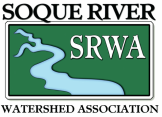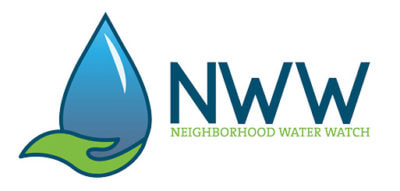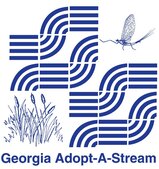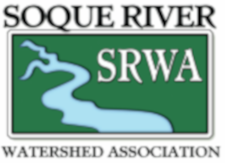One way SRWA keeps an eye on water quality in the Soque is by partnering with volunteers to monitor our streams and river through two Programs: Neighborhood Water Watch (NWW) and Adopt-A-Stream (AAS). Both these programs allow citizens to monitor their own waterways, whether they live near the banks of the Soque or by the tiniest of backyard streams.
srwa@soque.orgWhat is NWW? A program that empowers citizen to watch over and learn about the health of streams in their own neighborhood by collecting water samples which are then professionally analyzed for E. coli bacteria. This program is a collaboration between Soque River Watershed Association, Chattahoochee Riverkeeper, and North Georgia Technical College. Water samples are tested for E. coli bacteria to catch sewer overflows and other pollution problems.
Please become a volunteer! SRWA provides all the sampling equipment you’ll need! You just collect a water sample once a week at your sampling site and drop it off for analysis.
Samples are analyzed for conductivity, turbidity, and E. coli bacteria. The results are uploaded onto nww.chattahoochee.org the next day (Tuesday) where the data is available to the public. If your sample shows high levels of E.coli, SRWA will immediately investigate to find the cause and alert the appropriate authorities.
Please become a volunteer! SRWA provides all the sampling equipment you’ll need! You just collect a water sample once a week at your sampling site and drop it off for analysis.
- Samples must be dropped off Monday by noon and within 6 hours of collection.
- Drop off locations are at NGTC and the SRWA office in Downtown Clarkesville.
Samples are analyzed for conductivity, turbidity, and E. coli bacteria. The results are uploaded onto nww.chattahoochee.org the next day (Tuesday) where the data is available to the public. If your sample shows high levels of E.coli, SRWA will immediately investigate to find the cause and alert the appropriate authorities.
What is Adopt-A-Stream? AAS is a citizen science program run by the Georgia Department of Natural Resources to collect water quality information and to provide education about non-point source pollution. SRWA is a regional trainer for the AAS program, which allows you to independently monitor the water quality of local streams. Training in bacteria, chemistry, and macroinvertebrate monitoring are available. SRWA offers a couple workshops each year and by request. More information about AAS can be found at their website, above.



